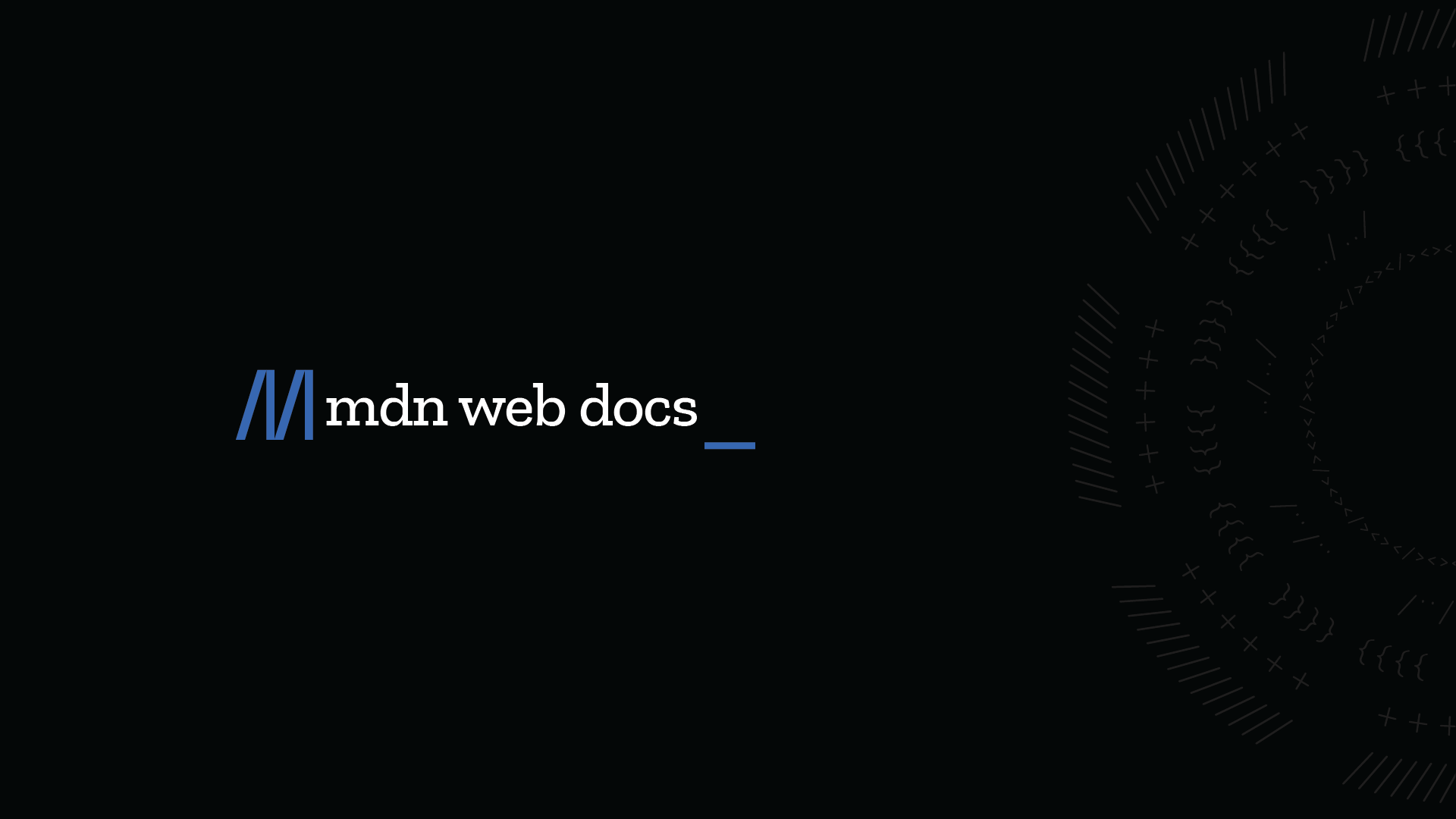developer.mozilla.org/en-US/docs/Web/API/Server-sent_events
Preview meta tags from the developer.mozilla.org website.
Linked Hostnames
14- 49 links todeveloper.mozilla.org
- 11 links togithub.com
- 6 links towww.mozilla.org
- 2 links tohacks.mozilla.org
- 1 link tobsky.app
- 1 link todiscourse.mozilla.org
- 1 link todocs.adonisjs.com
- 1 link tofoundation.mozilla.org
Thumbnail

Search Engine Appearance
Server-sent events - Web APIs | MDN
Traditionally, a web page has to send a request to the server to receive new data; that is, the page requests data from the server. With server-sent events, it's possible for a server to send new data to a web page at any time, by pushing messages to the web page. These incoming messages can be treated as Events + data inside the web page.
Bing
Server-sent events - Web APIs | MDN
Traditionally, a web page has to send a request to the server to receive new data; that is, the page requests data from the server. With server-sent events, it's possible for a server to send new data to a web page at any time, by pushing messages to the web page. These incoming messages can be treated as Events + data inside the web page.
DuckDuckGo
Server-sent events - Web APIs | MDN
Traditionally, a web page has to send a request to the server to receive new data; that is, the page requests data from the server. With server-sent events, it's possible for a server to send new data to a web page at any time, by pushing messages to the web page. These incoming messages can be treated as Events + data inside the web page.
General Meta Tags
10- titleServer-sent events - Web APIs | MDN
- titleMDN Web Docs
- titleMDN logo
- charsetutf-8
- viewportwidth=device-width,initial-scale=1
Open Graph Meta Tags
11- og:urlhttps://developer.mozilla.org/en-US/docs/Web/API/Server-sent_events
- og:titleServer-sent events - Web APIs | MDN
- og:typewebsite
og:locale
en_US- og:descriptionTraditionally, a web page has to send a request to the server to receive new data; that is, the page requests data from the server. With server-sent events, it's possible for a server to send new data to a web page at any time, by pushing messages to the web page. These incoming messages can be treated as Events + data inside the web page.
Twitter Meta Tags
2- twitter:cardsummary_large_image
- twitter:creatorMozDevNet
Link Tags
9- alternatehttps://developer.mozilla.org/en-US/blog/rss.xml
- alternate iconhttps://developer.mozilla.org/favicon.svg
- apple-touch-iconhttps://developer.mozilla.org/apple-touch-icon.528534bba673c38049c2.png
- canonicalhttps://developer.mozilla.org/en-US/docs/Web/API/Server-sent_events
- manifesthttps://developer.mozilla.org/manifest.f42880861b394dd4dc9b.json
Website Locales
9de
https://developer.mozilla.org/de/docs/Web/API/Server-sent_eventsen
https://developer.mozilla.org/en-US/docs/Web/API/Server-sent_eventses
https://developer.mozilla.org/es/docs/Web/API/Server-sent_eventsfr
https://developer.mozilla.org/fr/docs/Web/API/Server-sent_eventsja
https://developer.mozilla.org/ja/docs/Web/API/Server-sent_events
Links
78- https://bsky.app/profile/developer.mozilla.org
- https://developer.mozilla.org
- https://developer.mozilla.org/de/docs/Web/API/Server-sent_events
- https://developer.mozilla.org/discord
- https://developer.mozilla.org/en-US